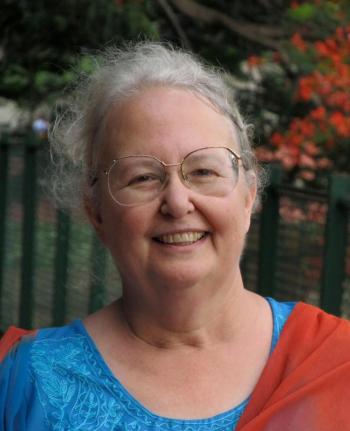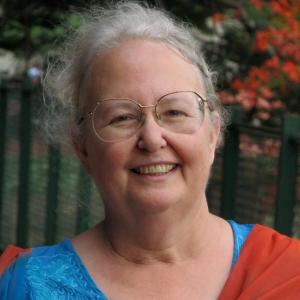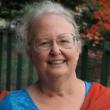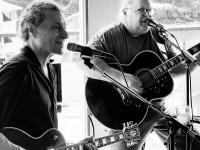Boothbay Harbor summer resident Judy Stone writes book on family’s Holocaust survival
Most people know Dr. Judy Stone as a retired infectious disease physician who has made Boothbay Harbor her summer home for decades. What they may not know is her parents and several family members are Holocaust survivors, but that is about to change. Stone explains her family’s path from Hungary to Nazi concentration camps to the U.S. in her book, “Resilience: One Family’s Story of Hope and Triumph over Evil.”
Stone has gathered documents from her mother and other family members who survived Dachau and Auschwitz.
Stone has always been interested in genealogy, Jewish history and the Holocaust. She believed her family’s story was an important one to tell and began writing it in 2016. Stone had collected family documents journaling their time in their pre-war Hungarian village, the Nazi invasion, German concentration camps, and liberation by Allied Forces in spring 1945. But the 2016 presidential election’s tenor troubled her and other family members. As immigrants, her family was troubled by the debate over illegal alien and refugee policy.
Stone’s aunt Kati, a 95-year old Holocaust survivor, told her the debate reminded her of Nazi Germany in the 1930s. Stone, who describes herself on her website as “an advocate for social justice,” sees a parallel in the political landscape between 1930s Germany and 2016 United States. “There was so much divisiveness, hate-mongering and pitting people against each other,” she said about the presidential campaign. The press was vilified as fake news and “was called the enemy.” In Nazi Germany, Stone said there was racial profiling of Jews, Catholics, the Polish, and gypsies. Immigrants were bullied, beaten, prohibited from schools, and deported. “I sees parallels between both periods,” she said.
Stone interviewed 10 family Holocaust survivors and eight family members for her book. She sought information at the U.S. Holocaust Memorial Museum, in her family’s Hungarian villages and other historical research. The story is about two families, the Ehrenfeld and Glattsteins, who survived the Holocaust and took different paths and made it out of Germany. Five of six on her mother’s side survived Holocaust camps and her father, a sibling, and baby survived.
One of her favorite stories is how her aunt learned how her father had died. Stone’s mother was in Auschwitz and had just given birth. So she was weak and feared being killed as was the custom in concentration camps. Later, a barracks mate found a family photo while sorting clothes. “She was looking for jewelry or food in the pockets of people recently killed. She found a family photograph he carried which proved they murdered him. She kept that photo for the rest of the war and through the Death March. Now her baby sister has it,” Stone said.
After the European war ended in 1945, her parents found each other back in Hungary. They later decided to immigrate to the U.S. because the same prejudices which existed in Germany and throughout Europe toward Jews, before the war, still existed.
She wrote the book not only to tell how resilient her family is, but also to show how immigrants contribute to American society. “Immigrants do good things. They are valuable to the country, and should be welcomed, or at least not have things made more difficult,” she said.
Stone ordered 1,200 copies of her book which retails for $17.99. She will donate proceeds to the U.S. Holocaust Museum and to teaching tolerance. Stone has three book presentations scheduled: 2 p.m. Oct. 5 at Boothbay Harbor Memorial Library; 10 a.m. Oct. 12 at Skidompha Library; and 6:30 p.m. Oct. 17 at Boothbay Harbor Congregational Church.
Event Date
Address
United States


























